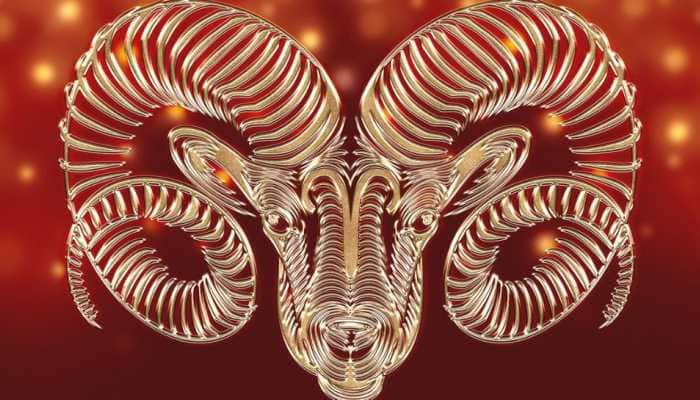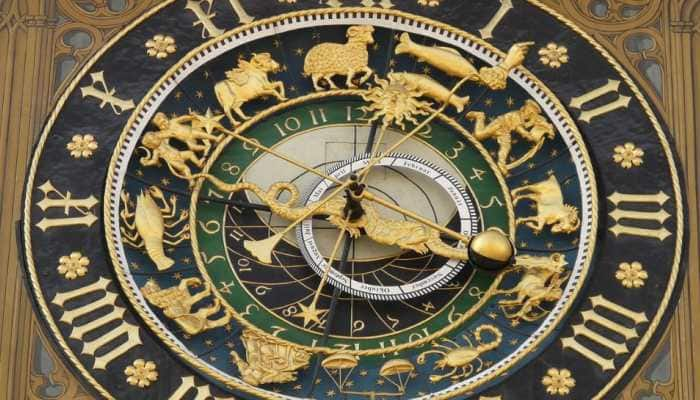Inside Kim Jong-un’s ‘Taeyangho’: A Luxury Bulletproof Train With French Wines, Live Performers
Kim Jong-un's luxury bulletproof train, called 'Taeyangho', meaning the sun in Korean, is a tribute to Kim Il Sung, the founder of North Korea.
Trending Photos
North Korea's leader Kim Jong-un made a rare visit to Russia to meet President Vladimir Putin. He travelled on his lavish armoured train, which is a slow but luxurious way of travelling. The train, called 'Taeyangho', meaning the sun in Korean, is a tribute to Kim Il Sung, the founder of North Korea. The train can only go at about 50km/h because of its heavy protection, while some trains in other countries can go as fast as 320 km/h.
The BBC reported that Kim Jong-un spent more than 20 hours on the train, covering a distance of about 1,180 km. He was accompanied by top officials from the ruling party and the military, according to the North's official media KCNA. The KCNA said Kim "left here by his train on Sunday afternoon to visit the Russian Federation".
Russian media also reported that Kim's train arrived at the border city of Khasan on Tuesday and was heading to the Far Eastern city of Ussuriysk, citing a railway source.
The train has about 90 carriages, according to a South Korean newspaper report in 2009. It has conference rooms, audience chambers and bedrooms, with satellite phones and flat-screen TVs for briefings.
The train also has a restaurant that serves fine French wines from Paris and dishes such as fresh lobster, with dancers and performers to entertain the guests, according to two Russians who travelled with Kim Jong Il, Kim Jong-un's father, on a similar trip to Moscow in 2001.
Kim Jong Il, who ruled North Korea from 1994 until his death in 2011, took 10 days to get to Moscow by train in 2001 to meet Putin. He died of a heart attack while travelling on the train in 2011.
The train travel tradition was started by Kim Il Sung, who took his own locomotive on trips to Vietnam and Eastern Europe. The trains are heavily guarded by security agents who check the routes and stations for any threats.
The BBC reported that Konstantin Pulikovsky, a Russian military commander, wrote in his memoir “Orient Express” that the train offered any dish of Russian, Chinese, Korean, Japanese and French cuisine. He also said that live lobsters and cases of red wine from Paris were delivered to the train to satisfy the leader’s palate.
Georgy Toloraya, another former Russian diplomat, wrote in 2019 about his experience on the same train ride. He mentioned that donkey meat and abalones, which are considered delicacies, were flown in from Pyongyang. He also said that Russian Standard vodka was a staple on the train.
Both Russians also described how performers and singers entertained the guests on the train. Kim Jong Il was fond of music and movies and had a large collection of DVDs and CDs. He also had a personal orchestra and a film studio.
Kim Jong Il died of a heart attack on the train in 2011, according to North Korean state media. He was succeeded by his son Kim Jong Un, who has continued the tradition of travelling by train for his foreign trips.







)
)
)
)
)
)
)
)
)
)
